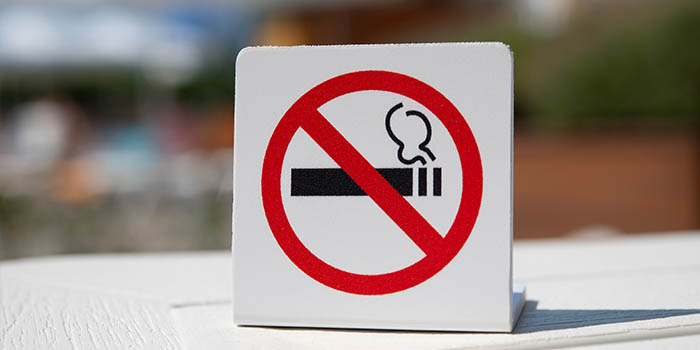- Casino
- By State
- Alabama
- Alaska
- Arizona
- Arkansas
- California
- Colorado
- Connecticut
- Delaware
- Georgia
- Florida
- Hawaii
- Idaho
- Illinois
- Indiana
- Iowa
- Kansas
- Kentucky
- Louisiana
- Maine
- Massachusetts
- Maryland
- Michigan
- Minnesota
- Mississippi
- Missouri
- Montana
- Nebraska
- Nevada
- New Hampshire
- New Jersey
- New Mexico
- New York
- North Carolina
- North Dakota
- Ohio
- Oklahoma
- Oregon
- Pennsylvania
- Rhode Island
- South Carolina
- South Dakota
- Tennessee
- Texas
- Utah
- Vermont
- Virginia
- Washington
- West Virginia
- Wisconsin
- Wyoming
- By State
- Slots
- Poker
- Sports
- Esports
Fact-checked by Velimir Velichkov
Former L&W Employee Alleges Pressure to Falsify Financial Report
The employee who was dismissed earlier this year filed a lawsuit, claiming breaches of the Michigan whistleblower laws

A former Light & Wonder (L&W) employee alleged an executive asked him to falsify financial documents and when refused, he was terminated.
A Request for Falsifying Financial Documents
That is the case of Antonio Amormino, the former head of casino studio North America for the company, who was dismissed back in August. The employee filed a lawsuit with the Michigan Circuit Court, Oakland County, claiming that his former employer violated the state’s whistleblower laws.
In his lawsuit, Amormino claimed that Dror Damchinsky, the company’s vice president of operations, asked him to change figures in a financial report involving the company’s budget, as announced by SBC Americas. When the head of casino studio for North America refused to make the changes, he shared his concerns with the company’s office manager, Millisa Sly and Vickie Huber, who holds the role of head of accounting.
Amormino claimed that he was asked by Damchinsky on a second occasion to alter financial documents. The former employee once again rejected the request, warning Damchinsky, who joined L&W back in May this year, that such actions would be in violation of the financial laws, including the Sarbanes-Oxley Act.
Subsequently, Amormino described his concerns by filing a complaint with the Occupational Safety and Health Administration (OSHA). While an internal investigation allegedly did not probe Amormino’s concerns, the man was fired several days after his OSHA filing.
In the legal claim, Amormino alleged that Damchinsky “requested that he generate different numbers for the company’s capital asset reports, thereby attempting to present a false picture of the company’s financial condition.” The former L&W employee also claimed that his dismissal was retaliation due to his complaint filed with OSHA.
Light & Wonder Rejects the Accusations, Asks the Suit to Be Dismissed
Earlier this month, L&W posted strong Q3 figures, despite the recent loss in court in the legal battle over Dragon Train against Aristocrat Technologies Inc. Releasing its third quarter financials, L&W reported $817 million in revenue, a figure that pointed to a 12% increase year-over-year.
In light of the lawsuit filed by Amormino, L&W disputed the allegations of the former employee. The company confirmed that it will “actively defend” itself in the legal case, asking the lawsuit to be transferred to the Eastern Michigan District Court. In addition, L&W asked the court to dismiss the lawsuit.
Related Topics:
Jerome brings a wealth of journalistic experience within the iGaming sector. His interest in the industry began after graduating from college, where he regularly participated in local poker tournaments. This exposure led him to the growing popularity of online poker and casino rooms. Jerome now channels all the knowledge he's accrued to fuel his passion for journalism, providing our team with the latest scoops online.
Previous Article

Legal
November 26, 2024
Miami Dolphins vs. Green Bay Packers Week 13 Odds, Time, and Prediction

Must Read
More Articles




Casino
April 18, 2025
Florida HB Seeking to Upgrade Illegal Gambling Punishments

Legal
April 17, 2025
Appeal to Keep Evolution’s Accuser Anonymous Denied

Lottery
April 17, 2025
CTLC Says Its Members Didn’t Violate the Texas Law













